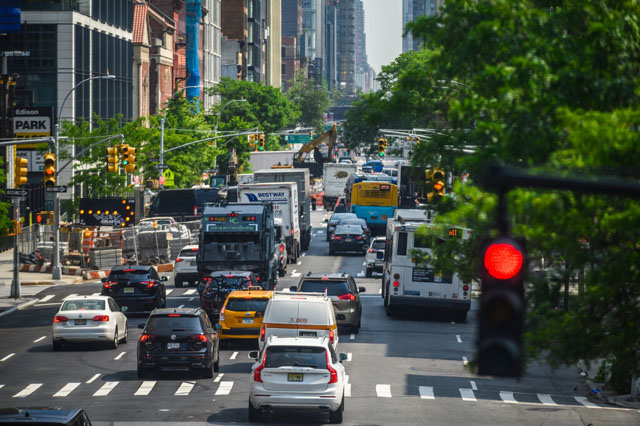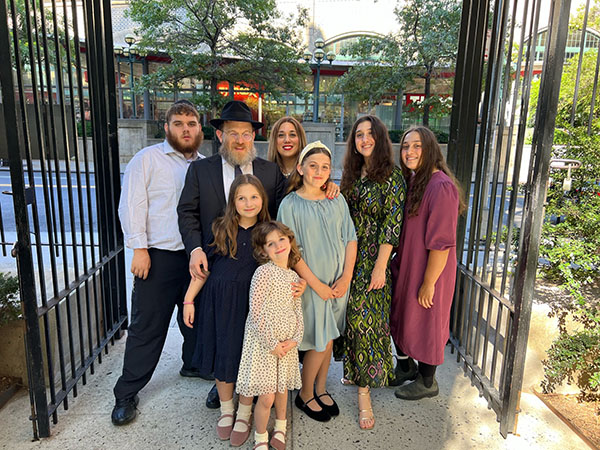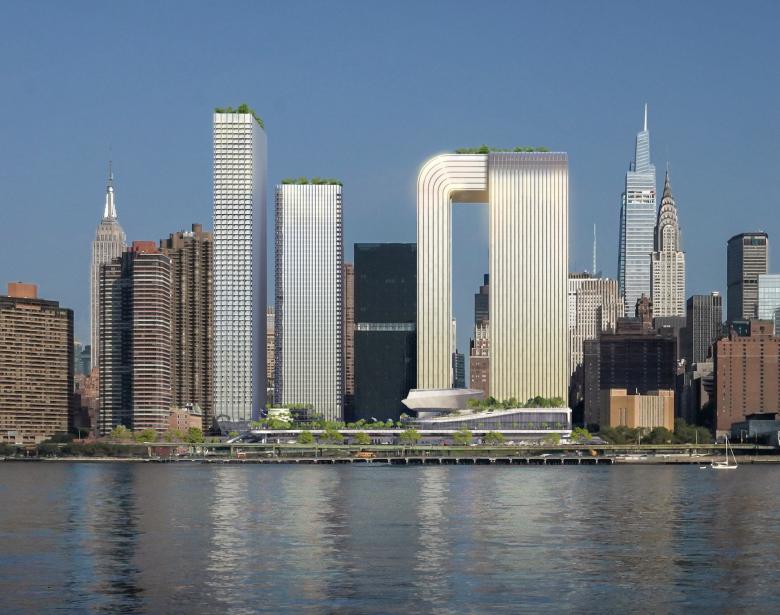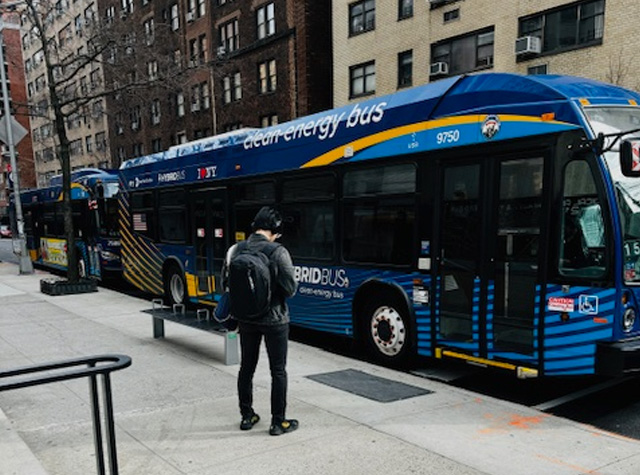(Courtesy -Time Out New York)
What is the congestion pricing toll?
To put it very simply, once the new plan goes into effect, every time drivers enter a specific area in Manhattan they will be charged a fee.
When does congestion pricing in NYC start?
It could start as early as mid-June. Officials have not made any announcement about the timeline just yet.
It’s important to note that, before the new guidelines start being implemented, they will have to be checked by the Federal Highway Administration and go through an environmental assessment.
Congestion pricing map: where is the toll zone, and what will it cost?
The affected area concerns Manhattan’s central business district below 60th Street. That means that cars entering every single street and avenue south of and including 60th Street, east and west, will be charged a toll during peak hours.
Large Trucks 36.00
Small Trucks 24.00
Passenger Vehicles 15.00
Motorbikes 7.50
Rideshares 2.50
Taxi’s 1.25
The new cost does not, however, apply to folks entering FDR Drive, West Side Highway and the Hugh L. Carey Tunnel. That being said, if you exit any of those major roadways to enter a street within the newly designated area, you will be charged (if you take the West Side Highway up to 50th Street, for example, you will not be exempt from the payment).
What are the congestion pricing hours?
According to the proposed plan, any car entering Manhattan below 60th Street will pay a fee. However, the price will change depending on the hour of the day. Between 5am and 9pm on weekdays, motorists will be charged the full fee.
On weekends, those hours morph to 9am to 9pm. Outside the peak times, the toll will still apply but will likely cost about 75% less than its full price.
How do you pay the toll?
Drivers with an E-ZPass will automatically be charged a fee upon entering the Central Business District. Those who do not own a pass will be mailed a bill to the address of the registered vehicle.
Are there any exemptions to the toll?
Yes, there are exemptions to the toll. However, they mostly do not concern the average city driver.
As announced by the MTA earlier this week, the majority of private commuter buses, school buses and city-owned vehicles will be exempt from the program.
On the non-exempt list are employee shuttles and municipal employee private vehicles.
When asked about the exemption list determination, the MTA explained that it has been trying to keep the number of non-paying folks to a minimum to keep the toll at $15 and not more.
Why is the MTA charging commuters?
Discussions about the congestion toll have been going on for years now. According to the MTA, the program will reduce traffic, travel time and emissions; improve quality of life and “lead to safer streets and cleaner air.”
Even more specifically, the MTA said that the plan will raise $1 billion per year—money that will then be used to upgrade other transport-related infrastructures (from new subways and buses to the extension of the much talked about Second Avenue Subway and signal-related advancements).
What’s been the reaction to the plan?
Although the amount of traffic that all but defines life in Manhattan is very obvious, a nuance that the new guidelines will likely ameliorate, many people have complained about the possibility of the new fee. People who work for the city—think teachers, first responders and the like—and are not part of the already-announced potential exemptions have raised concerns about not being able to carry out their duties daily if they have to pay to enter the specific zones where their jobs take place.
The arrival of the new systems seems to be inevitable but here’s to hoping that officials will be able to work out kinks and appease a majority of the population before things go into effect.
Keith Powers, Councilman for the 4th District, is advocating for the inclusion of a residential discount program and allocation of funds for transportation network improvements in the CBD. He emphasizes the importance of addressing the concerns of residents living below 60th Street in the CBD and ensuring that any regulations implemented by the MTA are fair and considerate of their needs.
In his statement, Powers expresses disappointment with the proposed regulations in the November 2023 report, citing their lack of reasonable relief for individuals living within the CBD. He stresses the significance of implementing a program that not only achieves its goals but also balances regulation fairly for all New Yorkers and commuters, while specifically addressing the needs of CBD residents and the current state of transit infrastructure.
Powers’ advocacy underscores the importance of considering the diverse needs of communities within the CBD and ensuring that transportation policies are equitable and effective for all residents.
Generally, to date 65% of New Yorkers are against Congestion Pricing.
Stay Tuned…


